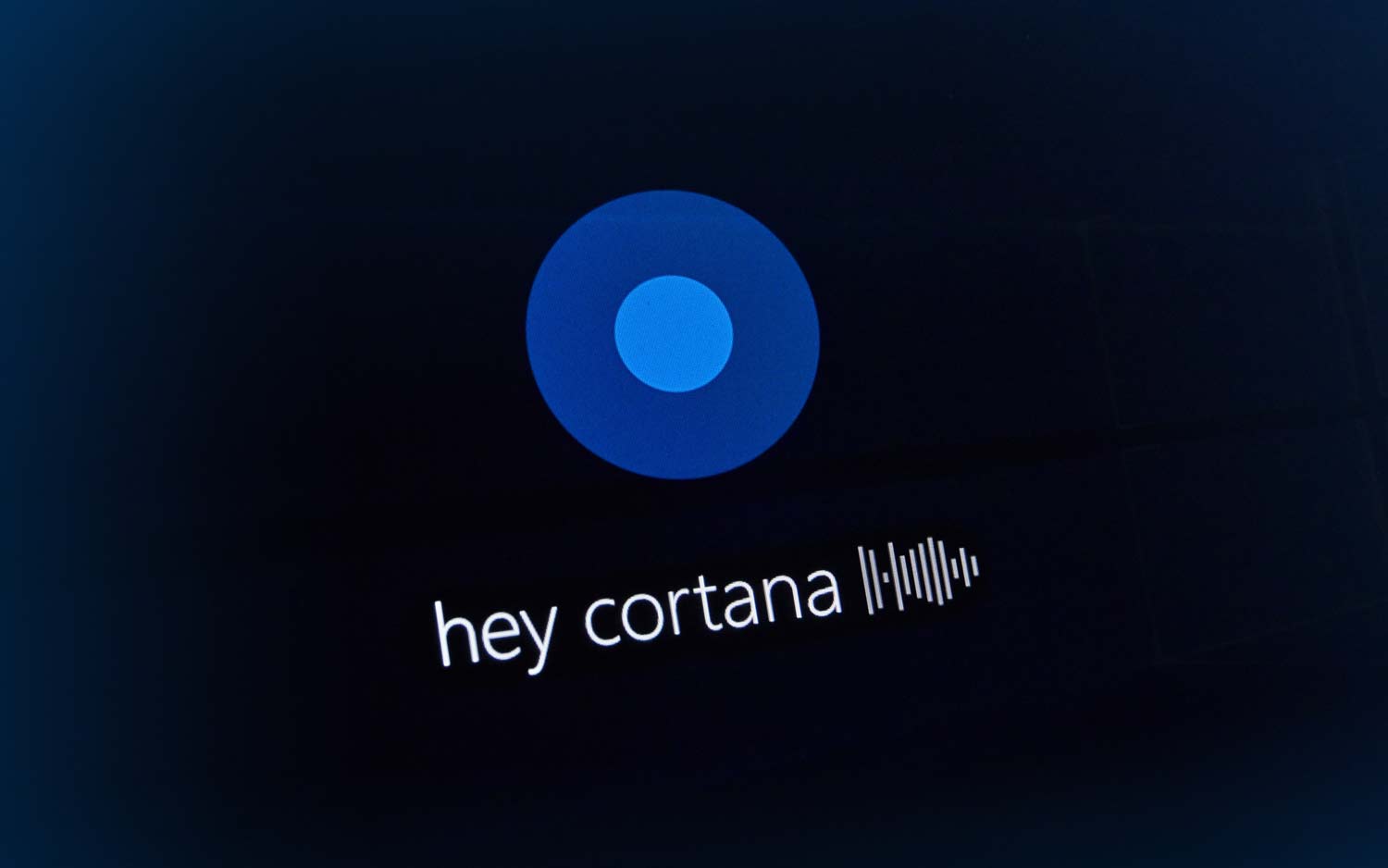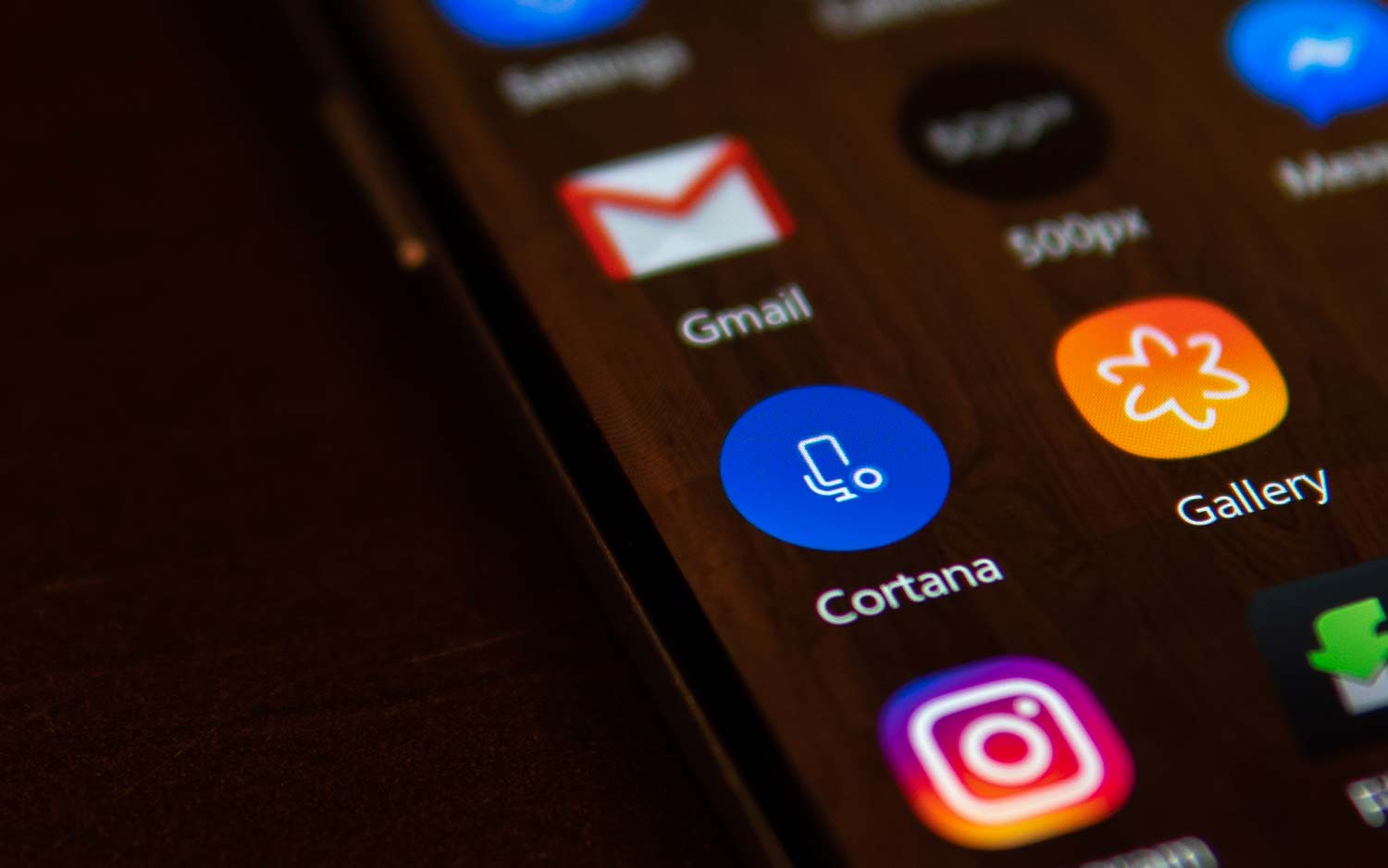Cortana Is Dead: Why Microsoft Needs to Move On
Cortana is dead, but Microsoft doesn't want to admit it yet.
Cortana is dead, but Microsoft doesn't want to admit it yet.

Just a few weeks ago, the company announced it was separating Cortana from its current abode in the Windows 10 search bar, enabling each feature to "innovate independently to best serve their target audience and use cases." In other words, while Cortana will remain on every Windows 10 PC, it's moving out of the public eye.
By the numbers, Cortana should be a bigger name than its two formidable competitors, Google Assistant and Amazon's Alexa. As of January, around 100 million Alexa devices and 52 million Google Home devices had sold. By contrast, Windows 10 was installed on over 700 million devices as of June 2018 — and it's now the most popular operating system in the world, running on 39.2 percent of all PCs.
And yet, only a fraction of those users (150 million, as of last June) make use of the AI. Despite a few neat innovations, including a new Alexa skill and visual tutorials, Microsoft’s voice assistant has not made its way into any of the thermostats, locks, headphones or other devices that its competitors now dominate, nor has it attracted third-party developers. (Cortana had a few hundred skills at the beginning of last year; Alexa has over 80,000.) Its one smart speaker, the Harman Kardon Invoke, didn't sell well, despite its excellent audio.
MORE: Should Alexa Be Your Child's Friend?
Why is Cortana failing? It's not because the assistant is dumb; it's intelligent, particularly where general knowledge is concerned. Rather, it's because Alexa and Google Assistant have gotten way, way smarter.

Alexa developers have spent the past year zeroing in on natural conversation. In March, Amazon launched Follow-Up Mode, which allows you to converse with the assistant without using the wake word after each sentence (you know, the way you would with a human). If you whisper to Alexa, it will now whisper back. And back in December, the AI announced integration with WolframAlpha, which will help it compute the solutions to complex questions with its own algorithms, rather than searching for answers online.
Get instant access to breaking news, the hottest reviews, great deals and helpful tips.
Meanwhile, CES 2019 was a smart-home fest, and Google came out with guns blazing. The company unveiled over a dozen new skills for its assistant, but its real-time translation was the most innovative feature we saw at the show. And both assistants debuted in hundreds of new products, from smart speakers to mirrors, TVs and even pianos.
MORE: Best Smart Home Hub
Where was Cortana during all of this? Nowhere to be seen (or heard.)
Cortana is a usable voice assistant, especially for the work and productivity use cases it’s intended for. But in 2018, Alexa and Google showed us that consumer AI can’t just be usable to have a chance of competing; it needs to be exceptional.
Additionally, for me as a consumer, Cortana's primary home on Windows 10 PCs doesn't help its case. The ability to set timers and reminders, or control music, is nice, but it's just as easy (and often faster) to do these things right on the computer itself. The primary advantage of a smart speaker, such as an Echo or Google Home, is that I can shout at Alexa to call me an Uber while I’m brushing my teeth, or have it pull up a recipe while I'm chopping carrots. If I'm already at the computer, I'd rather use the mouse and keyboard at my disposal than talk to a robot who is slow and likely to misunderstand me.
But if I were inclined to use a voice assistant on my PC, I'd much rather use Alexa, which is — fun fact —now available on all Windows 10 computers.
2018 was Microsoft's year. The Surface Laptop 2, Surface Pro 6 and Surface Studio 2 showed that where laptops and tablets are concerned, the company's hardware can compete with the very best. Xbox took big strides forward with new support for its keyboard and mouse, and a special adaptive controller for folks with disabilities.
Microsoft should invest its brain power in the places it’s proven it can shine — not in a voice assistant that can't catch up.
Credit: Shutterstock
Monica Chin is a writer at The Verge, covering computers. Previously, she was a staff writer for Tom's Guide, where she wrote about everything from artificial intelligence to social media and the internet of things to. She had a particular focus on smart home, reviewing multiple devices. In her downtime, you can usually find her at poetry slams, attempting to exercise, or yelling at people on Twitter.
-
alanteew There is a (good) Cortana thermostat. And a great-sounding speaker. In general, though, you are right--and no one is as gifted at shooting the wounded as Microsoft.Reply -
bausssfight No, MS doesn't need to abandon anymore products. I can already see your next article "If Microsoft wants a success, they need to stop killing products".Reply -
rfague I think one of Microsoft's problems is they only invest in cutting edge technologies that others are already working on, coupled with the fact that their competitors execute better. They seem to have forgotten what it's like to be a startup and throw everything you've got into a new product. Maybe they've grown too conservative, afraid of risk, but it's hard to innovate without risk.Reply -
mjan1961 Cortana will die soon because MS has killed Windows Phone. I really do not know why MS did not want a mobile system for the business segment. It not have to be cheap at all. It did not have to have 100 million games in the store. The business user does not expect this from the phone. Safe way of logging in (e.g. with a finger-tip), durable construction, PureView 16 Mpx camera (or maybe a newer version of this from Lumia 1020). Excellent support for video conversations (SKYPE and other solutions). For this very capacious battery and very economical mode of operation (minimum 1 week in the majority of services excluded). Laser pointer (for presentations), IR transmitter (for beemers). Thats most for modern business phone.Reply
